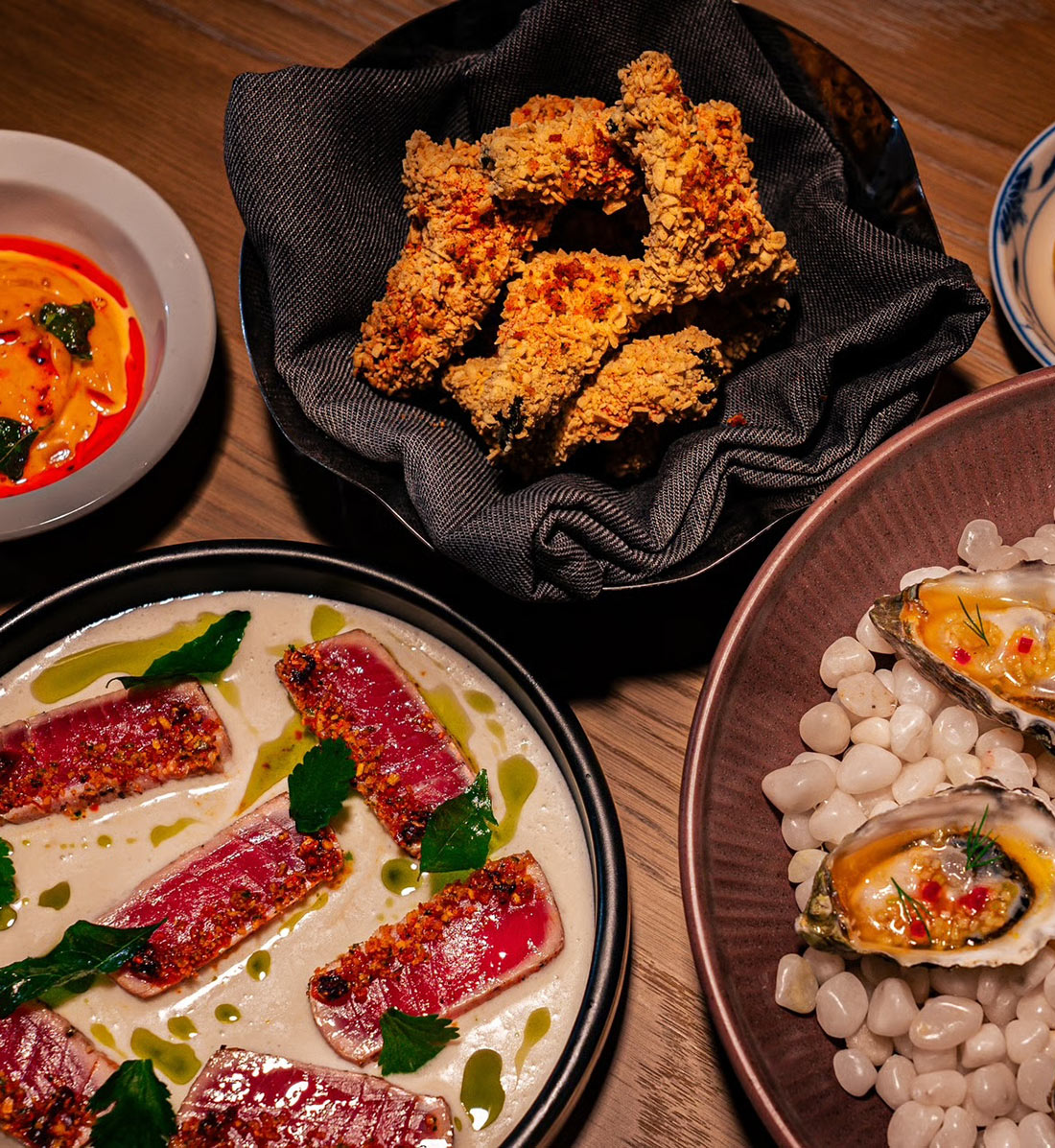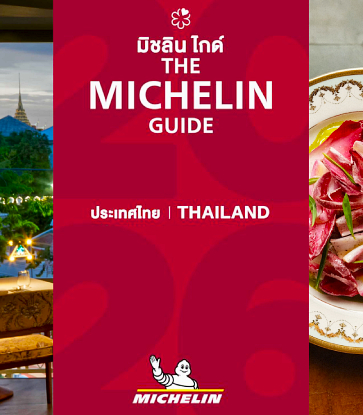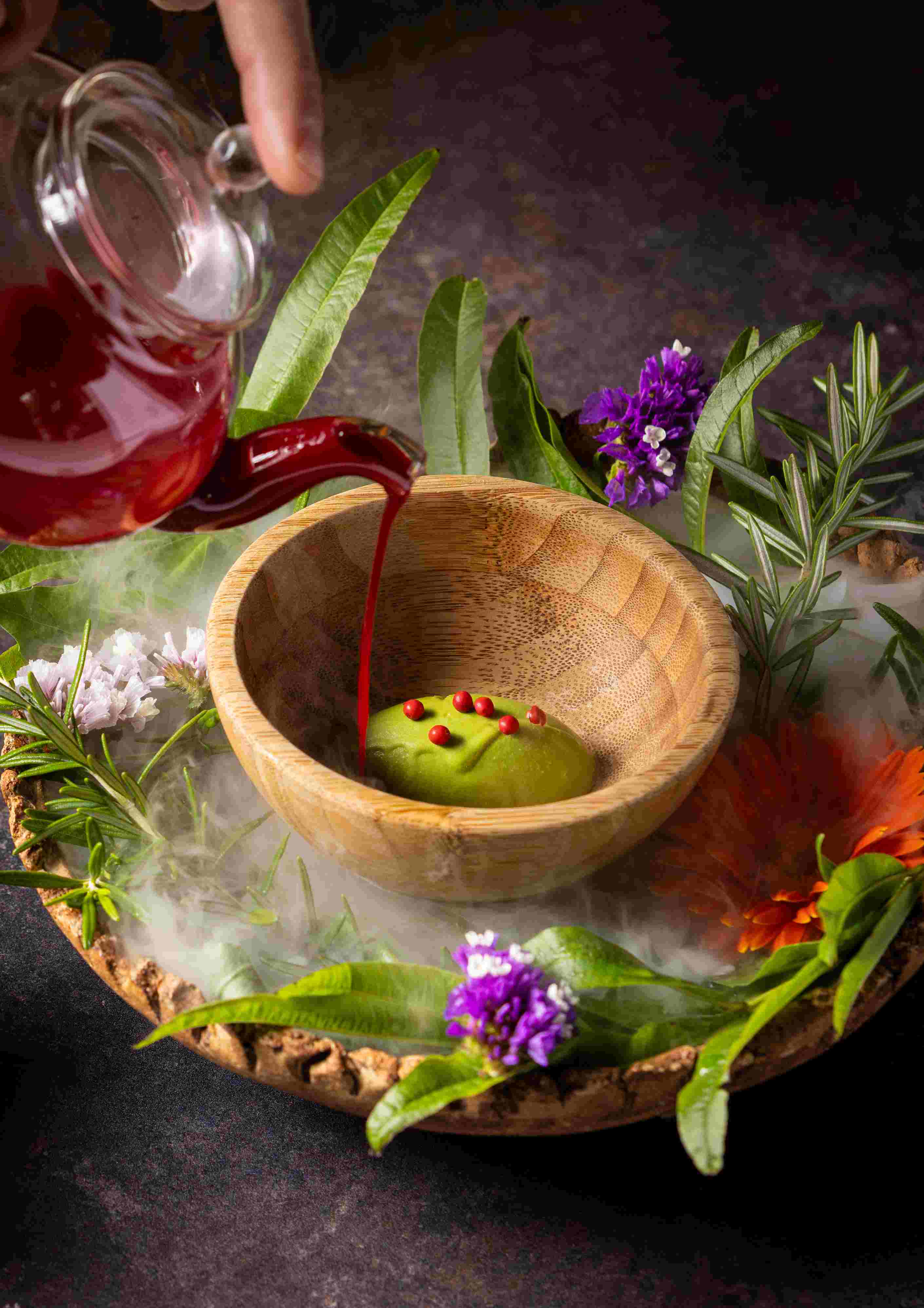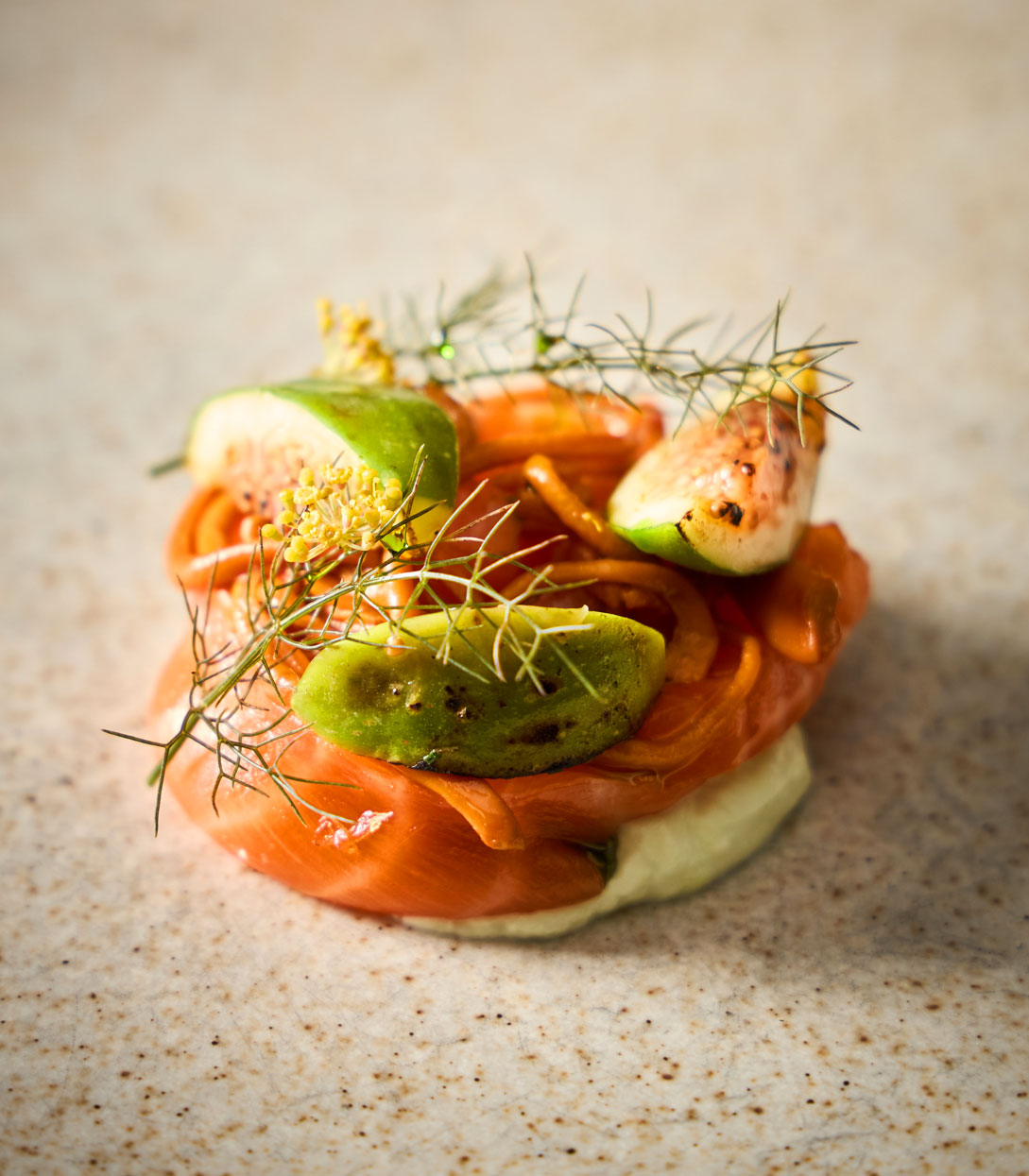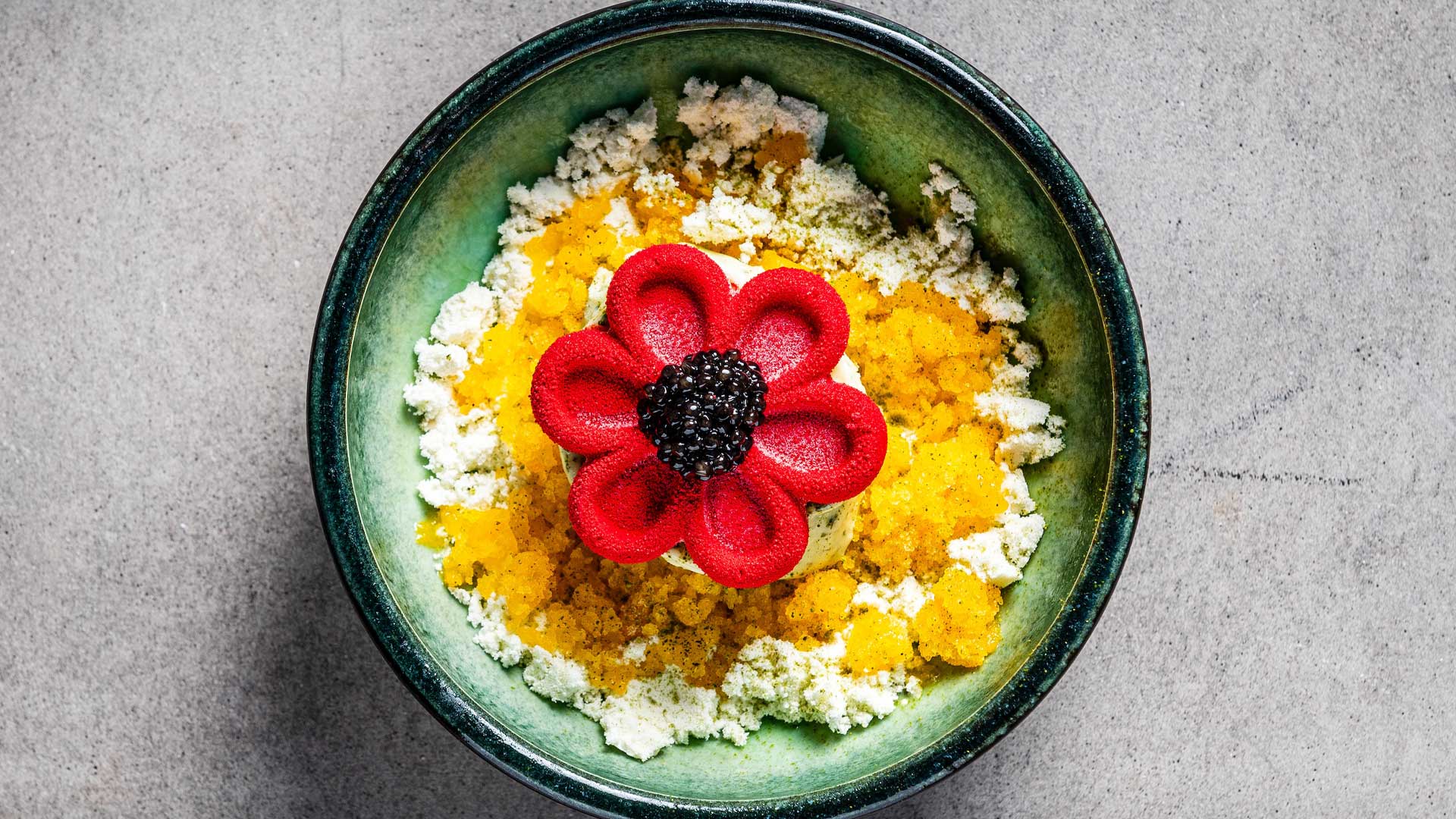Something extraordinary happened in Sacramento in September. Terra Madre, the international Slow Food movement, which has championed "good, clean and fair food for all" across Europe for decades, planted its first North American roots in California's capital. The location choice was no accident. As an agricultural powerhouse, California has become the natural epicenter for a global conversation about the future of food.
Over the course of three days, Terra Madre Americas 2025 included more than 200 hours of programming, more than 300 international delegates and thousands of attendees who came together to celebrate, debate and reimagine how we grow, cook and consume food. But this wasn't just another food festival. It was a declaration that California, with its unparalleled agricultural diversity, pioneering farm-to-fork ethos and commitment to sustainability, is leading the charge toward a more conscious culinary future.
More Than a Food Festival
Programming spanned eight different demo stages, three impressive classrooms and the Terra Madre Americas Bistro, where attendees could watch legendary chefs like Jeremiah Tower, Elizabeth Falkner, Mary Sue Milliken and Sean Sherman create multicourse meals. They could also get straight to the source by learning about whole-animal butchery techniques from experts like Danny Johnson and Anica Wu, taste wines from Chile to California and discover heritage grains. The marketplace featured vendors who showcased everything from Oaxacan mole to sustainable seafood, with people sharing the story and passion behind their products.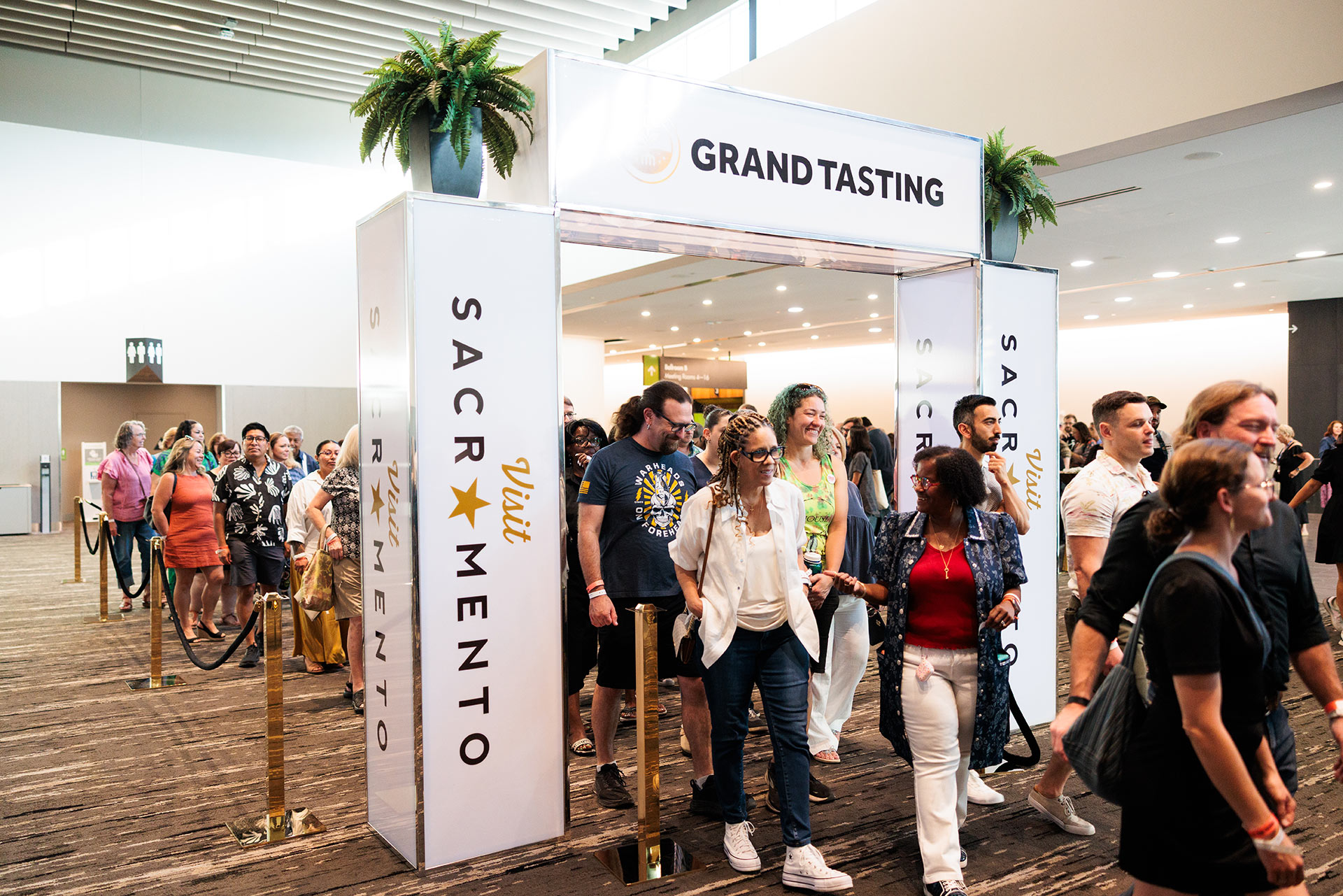
Indigenous Voices Lead the Way
Some of the festival's most powerful moments came from Indigenous chefs who shared information about traditional foodways. Chef Crystal Wahpepah of Oakland's Wahpepah's Kitchen led multiple demonstrations on preparing acorns, foraged mushrooms and squash using techniques that were passed down through generations."Our foods are the first foods," Wahpepah says. "It's important to highlight that our foods are not just in urban settings but all over," she adds.
Her cooking demonstrations drew crowds of people who were eager to understand the origins of California's ingredients and the people who first cultivated the land. The festival helped Wahpepah connect with local California farmers and brought a new layer of visibility to Native foodways.
"It meant a lot for me to see other people doing the same that I am doing, and it's much needed in these times to come together," she reflected, and she felt the impact, adding that people want “more education of Indigenous food sovereignty and native foodways with food demos” and attendees were eager “to eat and taste the foods from this land."
For Wahpepah, the festival's free and open format made a big difference, allowing her "to reach all people that are wanting to know more and eat and enjoy native Indigenous foods."
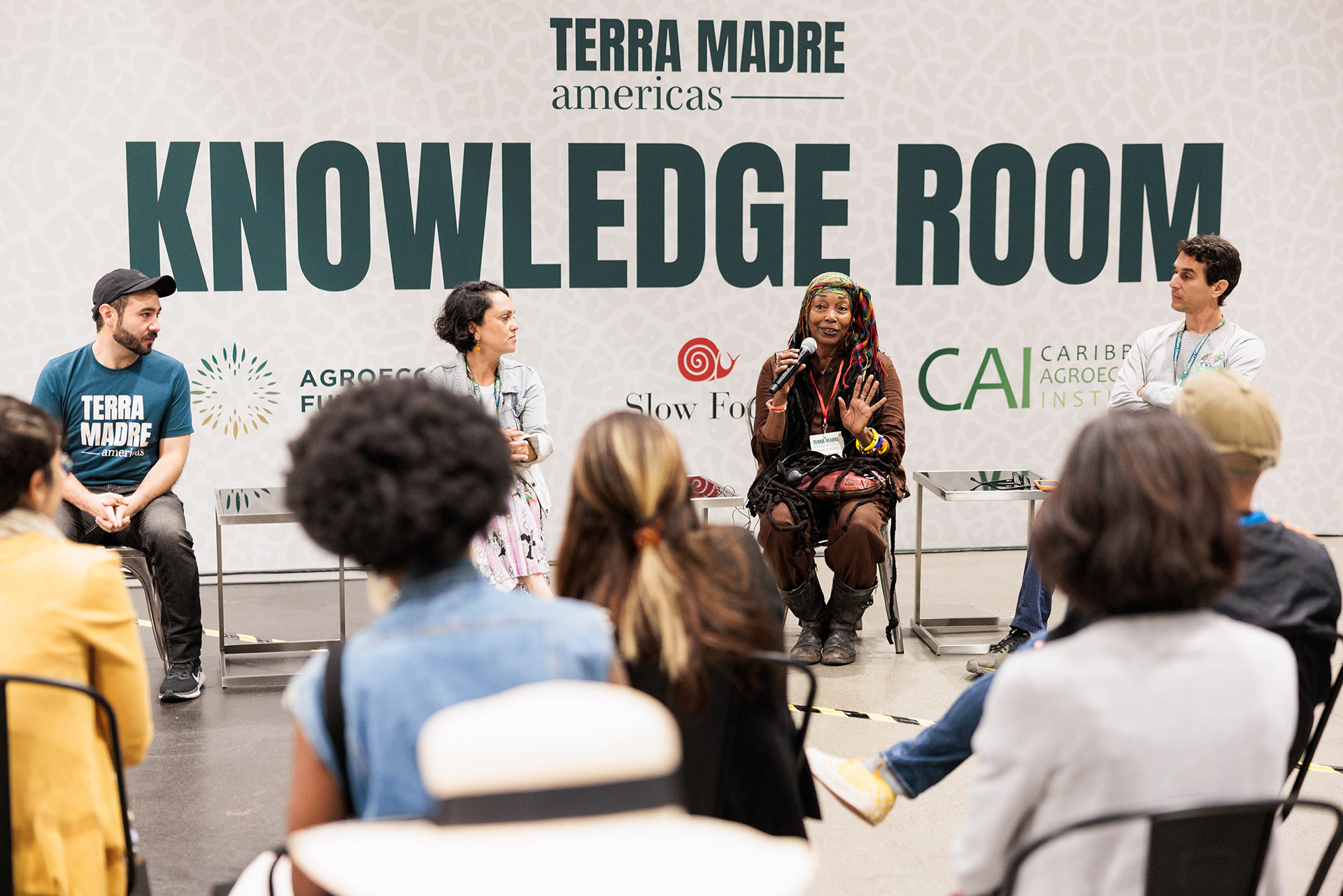
Learning While Tasting
The festival balanced culinary pleasure with education. Panelists tackled pressing questions about the food system, from sustainable beef procurement to the implications of the Farm Bill. Sessions explored topics like "Cooling the Planet: How Animal Grazing Strategies Can Rebuild Resilient Landscapes" and "Food, Justice and Belonging: Building Inclusive Food Systems."Coffee experts kept people energized, leading home barista masterclasses. Winemakers explored agroecology practices at vineyards across the Americas. Butchers demonstrated techniques that honor the whole animal. Chefs like Chris Cosentino, Sean McGaughey, Matthew Dolan and Dennis Sydnor led live cooking demonstrations. Notable figures like Alice Waters participated in panels about transforming California school meals, continuing the conversation the state has been leading for years.
The UC Davis Health Stage hosted talks on nutrition and sustainability, while the California Indigenous People's Pavilion featured sessions on traditional foods and land stewardship.
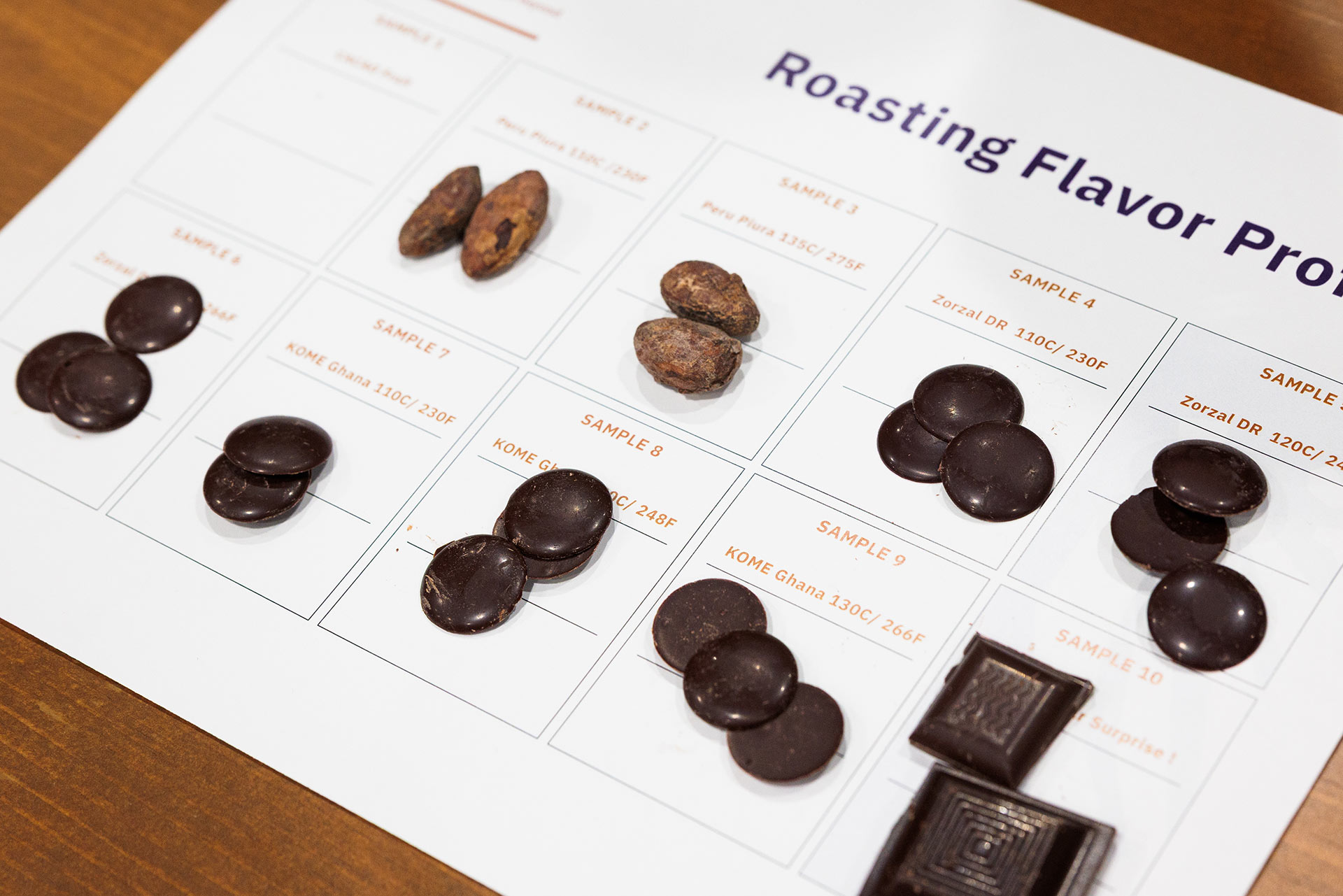
Why California?
California's role goes beyond its agricultural output. The state produces more than one-third of America's vegetables and two-thirds of the country’s fruits and nuts. Sacramento is the Farm to Fork Capital, a distinction earned through its proximity to one of the world's most productive agricultural regions. Within a 100-mile radius sit rice paddies, almond orchards, heirloom tomato farms and grass-fed cattle ranches.
The state has pioneered farm-to-fork practices for decades. It's home to many restaurants that prove sustainable dining and culinary excellence can coexist. And wine regions from Sonoma to Paso Robles are embracing regenerative farming practices.
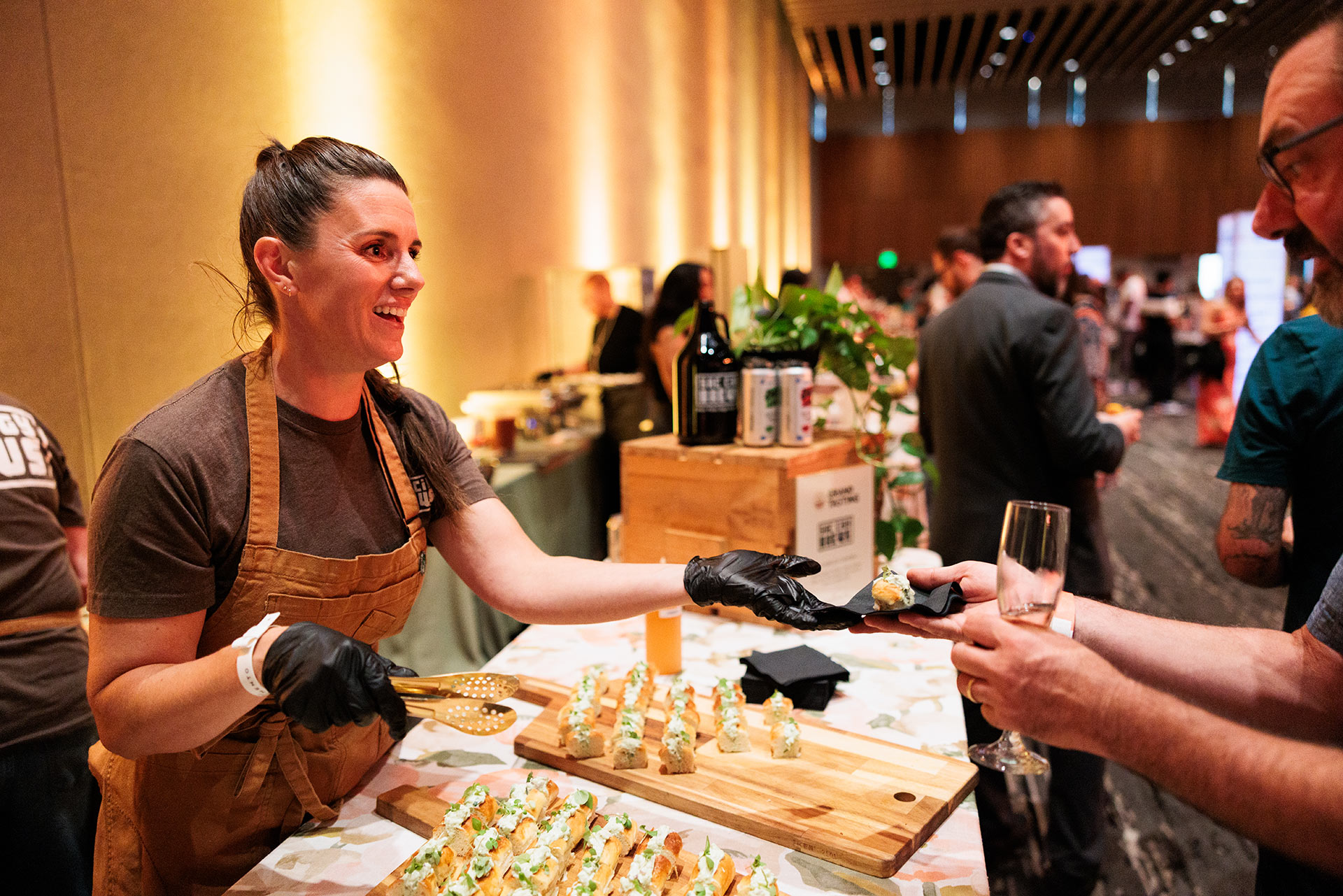
A Destination for Food Travelers
For visitors, California offers unmatched food experiences year-round. The state's culinary travel opportunities include:● Wine education programs across the state's wine-growing regions
● Farm tours showcasing organic and regenerative agriculture
● Indigenous food experiences that connect visitors to the land's original stewards
● Michelin-Starred restaurants committed to sustainable sourcing
● Farmers markets in nearly every community
You can tour farms in the morning, take cooking classes with award-winning chefs at lunch and dine at sustainably minded restaurants by evening, all within just a few hours' drive.
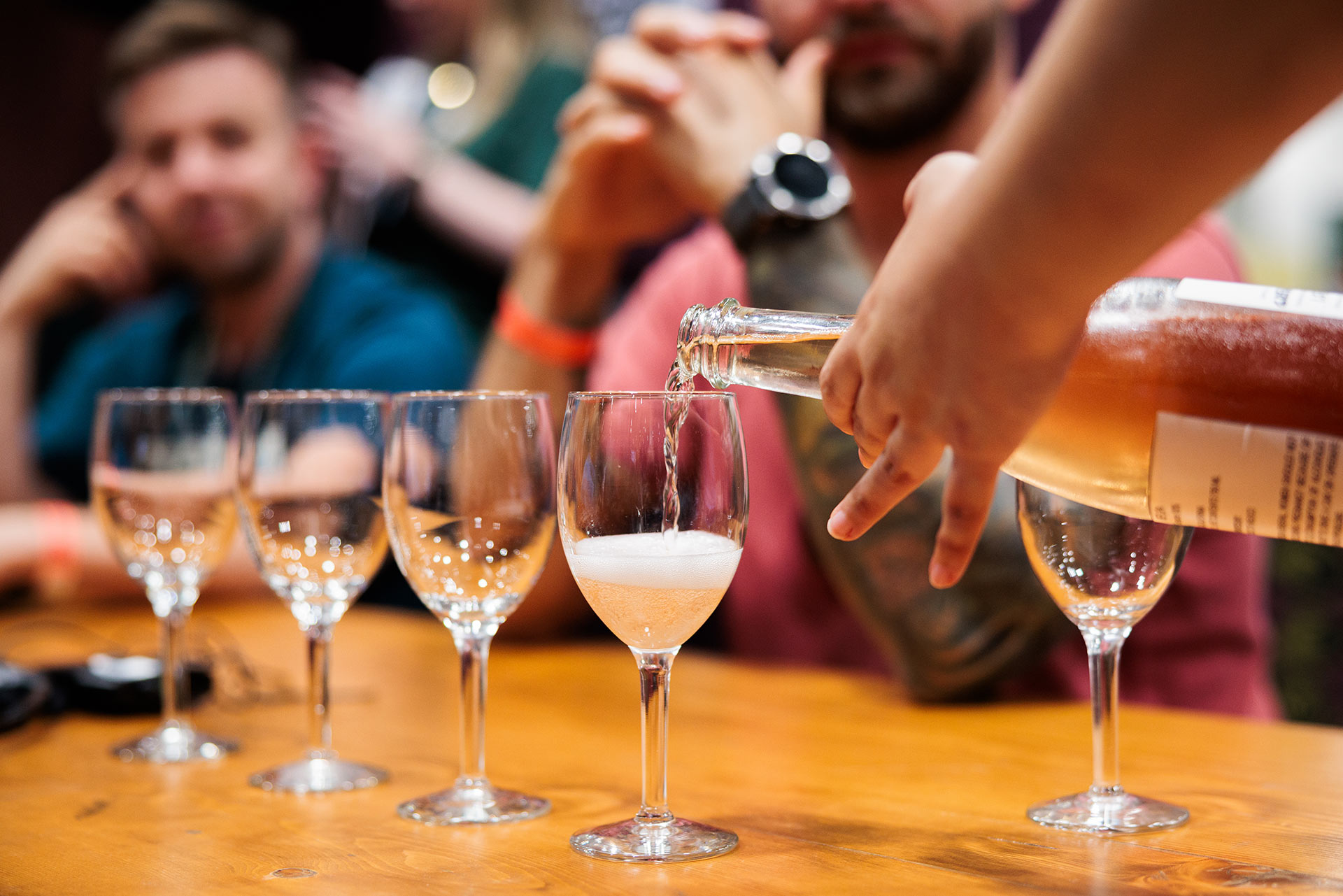
What Comes Next?
Terra Madre Americas 2025 was more than a culinary celebration. It established California as the home base for and heart of the Slow Food movement in the Americas. The connections that are made between farmers, chefs and advocates will continue to shape how the state leads by example when it comes to food sustainability.
The festival addressed critical questions. How can we ensure fair wages for farmworkers? What role do Indigenous foodways play in modern cuisine? How can regenerative ranching practices cool the planet? These are some of the many questions that are directly shaping policy, purchasing decisions and menus across California, and therefore, across the Americas.
For travelers who care about food, California is the state where the future of sustainable, equitable and delicious eating is being created and reimagined. Terra Madre Americas 2025 proved that California is showing the world how food should be grown, prepared and shared.
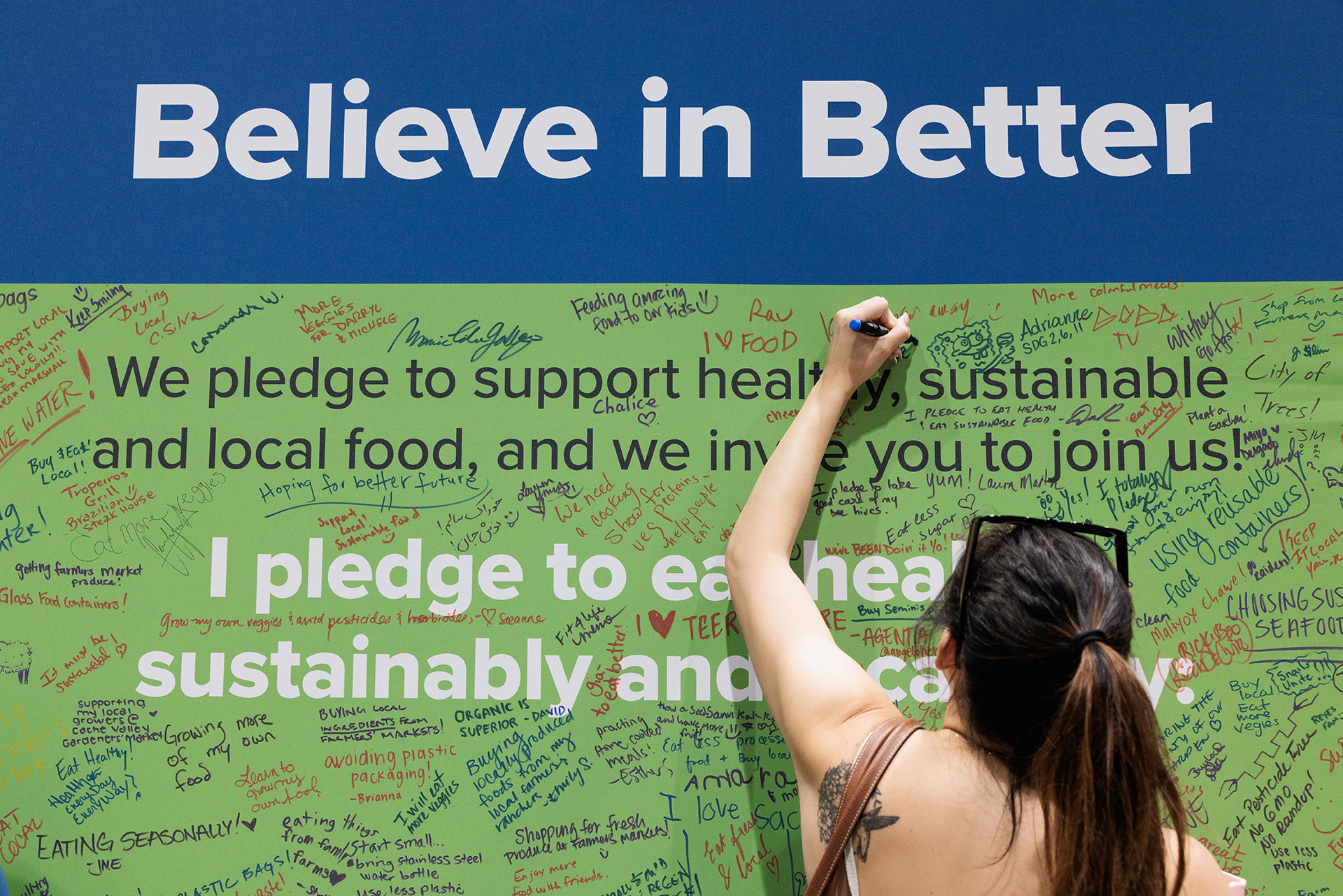

All images courtesy of Max Whittaker / Terra Madre Sacramento 2025










